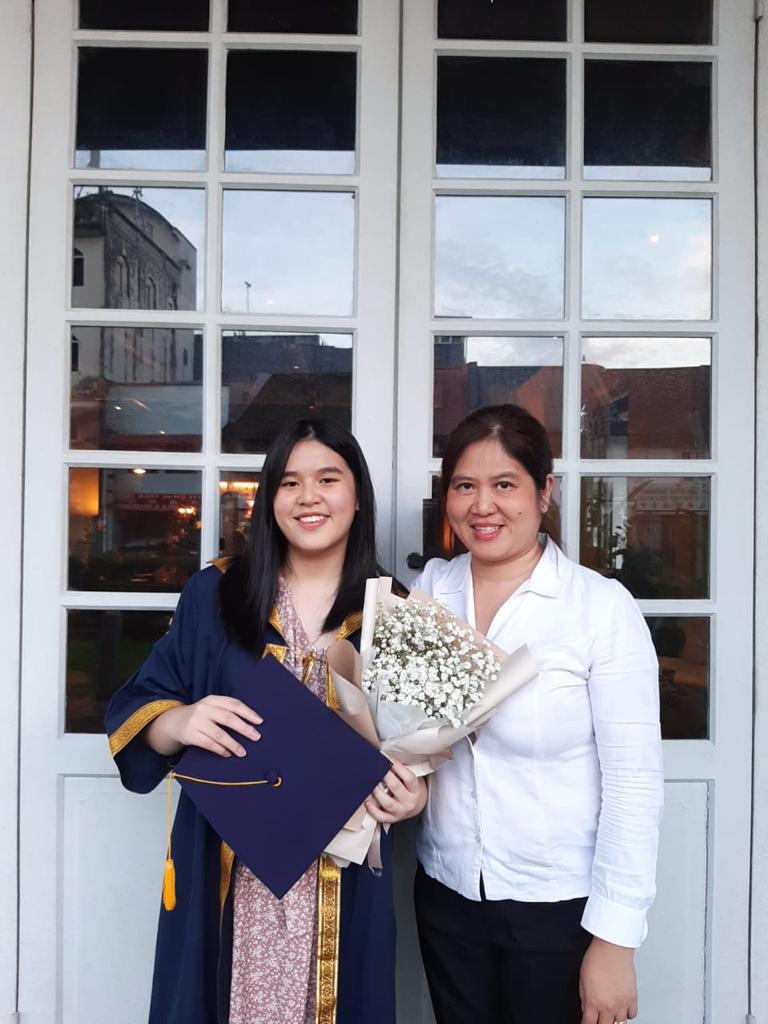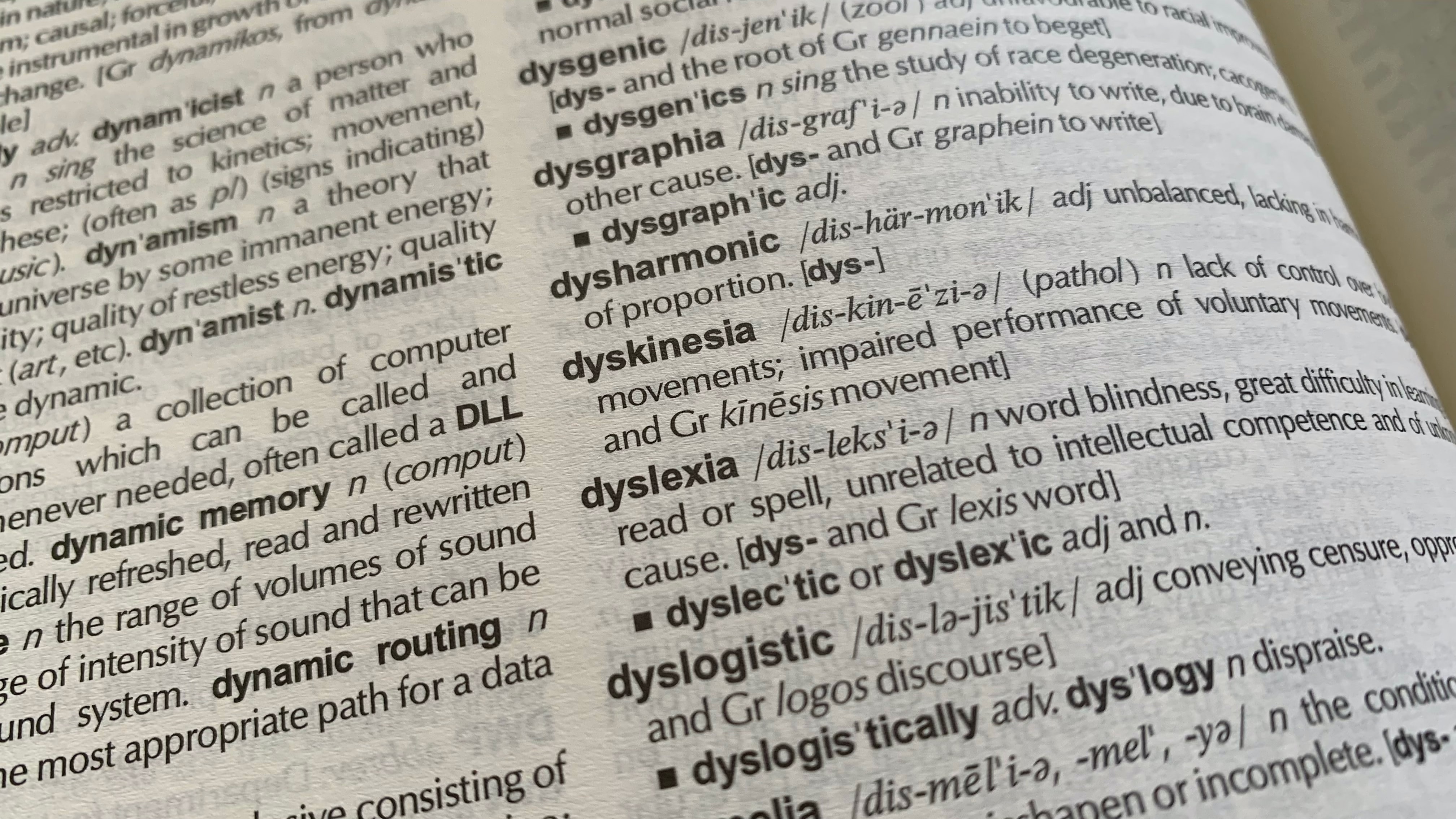Education plays a pivotal role in individual development and nation building. Other than developing one’s intellectual and personal qualities, it also influences a person’s opportunities for success in life.
But for people with disabilities, it can be difficult to navigate the world. Other than being pitied for their ‘lack of abilities’, people tend to question whether they will find success in life because of their supposed deficiencies in academics, social and behavioural capabilities.
Which makes it even harder for someone with dyslexia – a learning disorder that makes it difficult to learn to read, spell, recognise and decode words – to navigate my education journey.
With the registered Person with Disabilities (PwD) in Malaysia at the Department of Social Welfare Malaysia were 453,258 persons in 2017, I am part of the 34.8 percent of PwD diagnosed with a learning disability.

I cannot claim to have begun my education journey with the ‘right’ attitude. During my kindergarten education, I struggled in spelling, reading, and writing. Every spelling test either ended up in cheating or memorising every possible word tested. Memorising the spellings was ineffective as I would forget how to spell the moment the test was over. I lacked the ability in hearing phonic sounds to form the words.
I survived kindergarten through memorising and cheap tactics to score. During my primary school days, I realised that I was slower than the other children. I was constantly failing in English, and I had a terrible stutter which made it difficult for me to communicate in class.
My teachers noticed my lack of ability to write and recommended my parents to get me tested at a hospital. At the age of 10, I was diagnosed with dyslexia. At the time, I did not understand what it meant and was indifferent about my situation. It was only until I realised my differences from other children, I started to doubt myself.

I felt that I had a below average intelligence and that I may never complete my education and succeed like everyone else. I was constantly feeling like a burden to others because I saw how everyone needed to wait for me to finish. But by the grace of my parents, teachers, and friends, I was able to finish secondary school and later enrolled in tertiary education.
I must be honest – the thought of attending college was intimidating. I was burdened with anxiety – was I able to cope? Would I make friends? What would I do if I couldn’t manage my studies? Will I find success in life?
The college was right to assume that everyone learns differently. Understanding my special needs, the faculty made my experience work for my benefit and potential. Yet, I was never made to feel handicapped or a burden.
In class, I worked hard and did my assignments. I battled through the written assignments utilising various learning materials and context clues from the readings.
Not once were there any judgement or infuriation from my teachers nor my peers. They understood that I require more time in classes and examinations because I read slowly and answer with a few spelling mistakes. The teachers are approachable and respond to the class's questions to create a better understanding among the students.
I thought my social skills would be a problem too. To me, learning is not all about reading from a book, but is also experiencing and dealing with different situations. Social activities provided by the college encourages students to work with other people and interact with different groups of people.
Not only was I working academically, but my efforts to meet people became more systematic. Even while coursework was difficult, it was still doable. Classes were more intimate and friendly. There were more discussions than lectures. The entire group frequently collaborated to finish a project. There was always the possibility to collaborate with another person on any endeavour.
To top it off, my time in college provided me with career counsellors who have helped me realise my dream to be a special education teacher as I would like to help students like me gain a proper education. They have also helped me to learn about the different universities and careers that I could look into as I set to embark on my next phase in life.
Throughout my time in college, I was never made to feel incompetent. I was treated equally and fairly. I understood now that success was the accumulation of support and nurturing, I received – where these small things and experiences make up my journey of self-discovery.
My academic and social life was improving, and so was my self-esteem. It doesn’t feel lonely anymore knowing that there are people out there who have your best interest at heart – who are kind, patient and empathetic to your struggles.
I truly believe that students with learning disabilities can also achieve the same success in college as I did.
However, they need to be identified, supported by the institutions with reasonable academic accommodations, and encouraged by faculty and students alike – just as I received during my time in college. They reminded me that my dyslexia is not a reflection of my intelligence, but rather a unique learning style.
Lee Yen Nee is a student enrolled in the South Australian Certificate of Education (SACE) International programme at Taylor’s College.
This content is provided by Taylor’s College.

